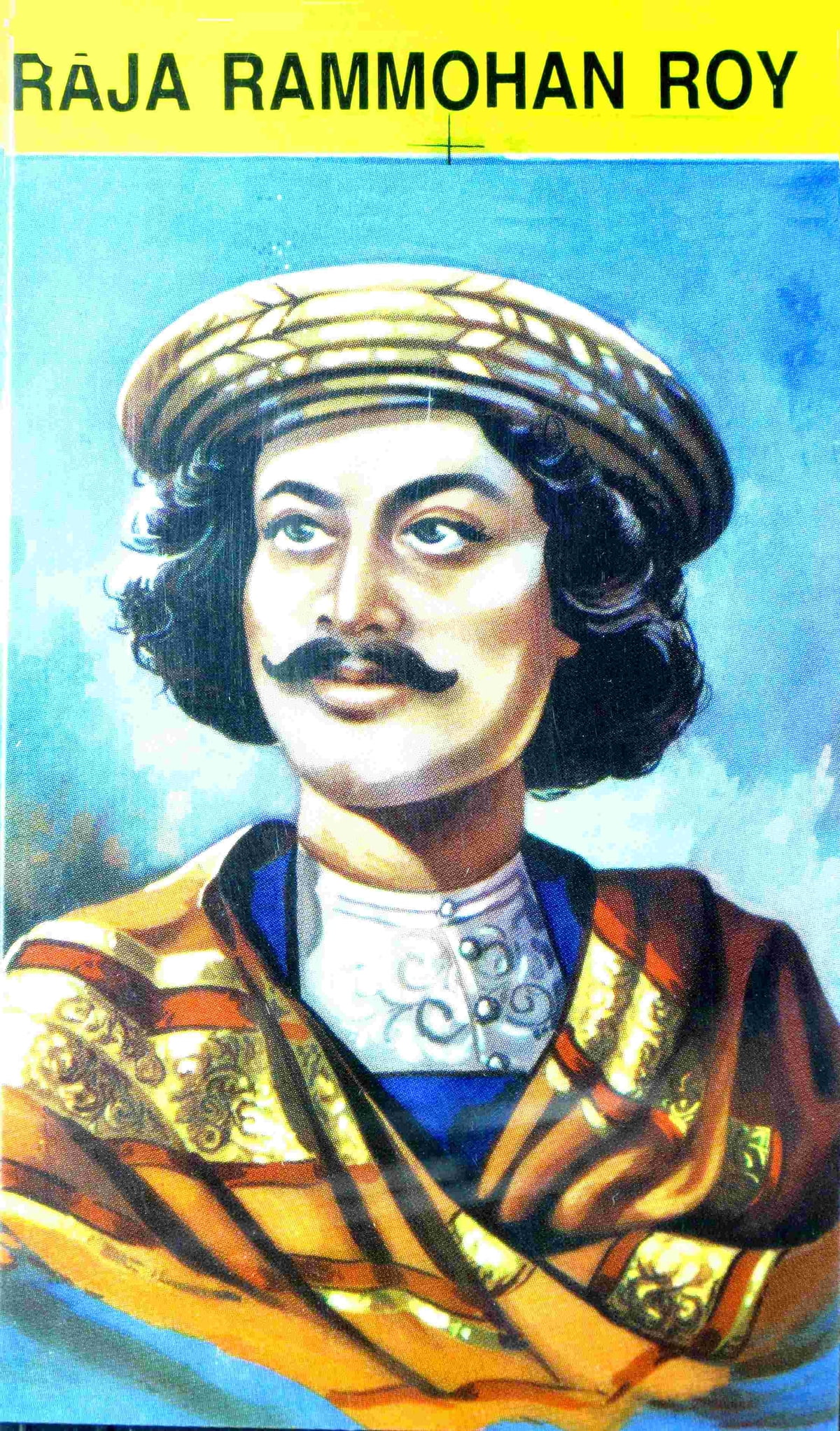Raja Ram Mohan Roy Biography:
Raja Ram Mohan Roy, often hailed as the “Father of Modern India,” was a pioneering social reformer, religious philosopher, and intellectual who ignited the Bengal Renaissance during the early 19th century. He was born on May 22, 1772, in Radhanagar, Bengal Presidency (present-day West Bengal) and passed away on September 27, 1833, in Bristol, England. His life and work significantly impacted the trajectory of Indian society, leaving an enduring legacy in fields ranging from education and religion to law and journalism.
Raja Ram Mohan Roy Nationality & Age:
Raja Ram Mohan Roy was a proud Indian national by birth and lived to be 61 years old.
| biography of jack london | biography of james baldwin |
Raja Ram Mohan Roy Education and Schooling:
Roy’s early education was steeped in traditional Sanskrit scriptures and Hindu philosophy. However, his inquisitive mind sought broader knowledge, leading him to delve into Persian, Arabic, and English languages. He also explored Islamic and Western philosophical texts, demonstrating an openness to diverse perspectives. This multi-faceted education fueled his critical thinking and laid the foundation for his future reformist endeavors.
Raja Ram Mohan Roy Relationship and Personal Life:
While details about his personal life remain scarce, it is known that Raja Ram Mohan Roy was married to Devi Uma. They had two sons, Radhaprasad and Ramaprasad Roy. Despite advocating for social reforms, Roy led a relatively conservative personal life, reflecting the complex landscape of his time.
Raja Ram Mohan Roy Career Beginnings:
Roy’s early career included working as a moneylender, managing his family estates, and engaging in investment activities. However, his true calling lay in social reform. He started by establishing the Atmiya Sabha in 1815, a forum for discussing societal issues and advocating for change. This marked the beginning of his lifelong commitment to reforming Indian society.
| biography of james joyce | biography of jennifer lawrence |
Raja Ram Mohan Roy Career and Contributions:
Raja Ram Mohan Roy’s multifaceted career encompassed numerous contributions:
- Religious Reform: He vehemently opposed harmful practices like sati (widow immolation) and child marriage, spearheading a campaign that ultimately led to their legal abolishment. He also founded the Brahmo Samaj in 1828, a monotheistic reform movement advocating for a rational interpretation of Hindu scriptures.
- Educational Reform: Roy recognized the importance of modern education and established schools promoting Western scientific and philosophical thought alongside traditional knowledge. He championed English education, laying the groundwork for India’s future education system.
- Social Reform: He spoke out against the caste system, advocating for social equality and individual rights. He also fought for women’s property inheritance rights and campaigned against polygamy.
- Journalism: Roy founded newspapers like the Sambad Kaumudi and the Mirat ul Akhbar, utilizing journalism as a powerful tool for social commentary and awareness campaigns.
Raja Ram Mohan Roy Achievements and Awards:
Raja Ram Mohan Roy’s achievements garnered recognition within and beyond India:
- He was awarded the title of “Raja” by the Mughal emperor Akbar II for his diplomatic and scholarly contributions.
- He became a Fellow of the Royal Asiatic Society of Great Britain and Ireland in 1832, acknowledging his academic achievements.
- His legacy continues to inspire social reform movements and educational initiatives across India.
Raja Ram Mohan Roy Conclusion and Legacy:
Raja Ram Mohan Roy’s life and work stand as a testament to the power of individual courage and conviction. He challenged deeply ingrained social norms, championed progressive ideals, and laid the groundwork for a modern India rooted in reason, social justice, and intellectual freedom. His legacy continues to inspire activists, educators, and reformers across the globe, making him a truly iconic figure in India’s history.
| biography of jim carrey | biography of julie andrews |



